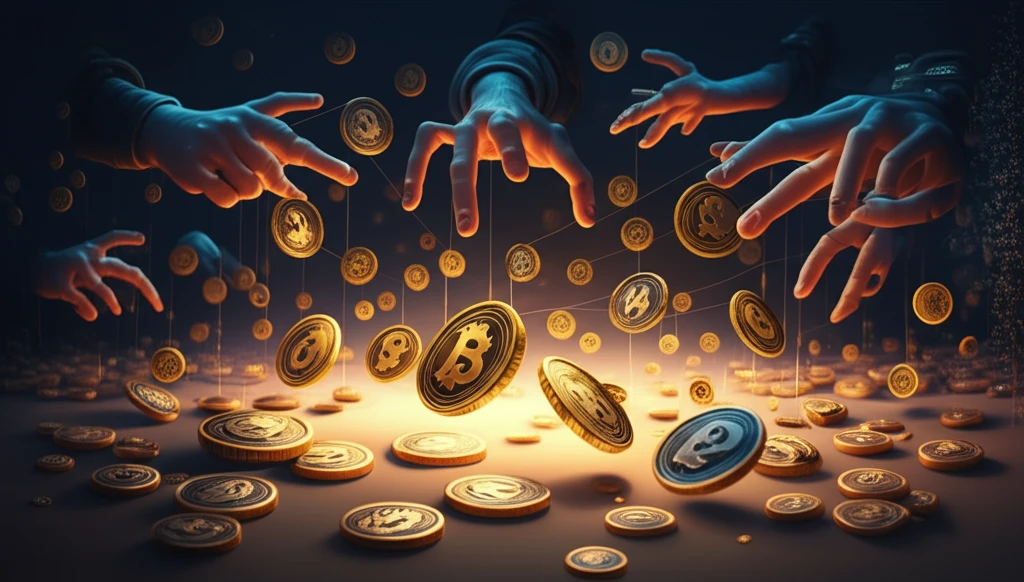
DeFi Under Scrutiny: Unmasking Market Manipulation in the Decentralized World
"Explore how blockchain's unique features breed new forms of misconduct and what regulators can do to protect investors in the DeFi space."
Financial innovation, driven by technological advancements, has reshaped traditional finance, with blockchain and Decentralized Finance (DeFi) at the forefront. While DeFi offers unprecedented opportunities, it also introduces new forms of market misconduct that remain largely unregulated.
The bZx incident in February 2020 served as a wake-up call, demonstrating how DeFi innovations like flash loans can be exploited for malicious gain. This event highlighted the urgent need for regulatory frameworks to address the risks associated with DeFi.
In response, the UK HM Treasury (HMT) and the U.S. Department of the Treasury have initiated consultations and reports on crypto-assets and DeFi, respectively. These efforts aim to establish consistent regulatory outcomes and mitigate risks like money laundering and terrorist financing. Despite these early responses, a regulatory gap persists, leaving DeFi users vulnerable to various forms of market misconduct.
Understanding DeFi Market Misconduct

DeFi market misconduct encompasses actions that exploit vulnerabilities within the DeFi system to undermine market efficiency and fairness, posing risks to DeFi security. This includes activities that distort prices, create artificial demand or supply, or spread false information, hindering the market's ability to establish fair prices and impairing decision-making.
- Fairness: Ensuring equal access to information and safeguarding against unfair advantages.
- Security: Protecting user assets and the integrity of the underlying blockchain system.
The Path Forward
DeFi’s ascent underscores the transformative power of technology in finance, yet it also casts a spotlight on the potential for misconduct. As regulators navigate this evolving landscape, it’s essential to strike a balance between fostering innovation and safeguarding market integrity. By addressing the unique challenges presented by DeFi, regulators can pave the way for a more secure, transparent, and equitable financial ecosystem.
